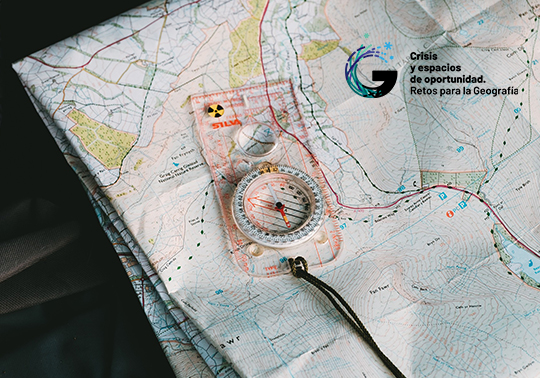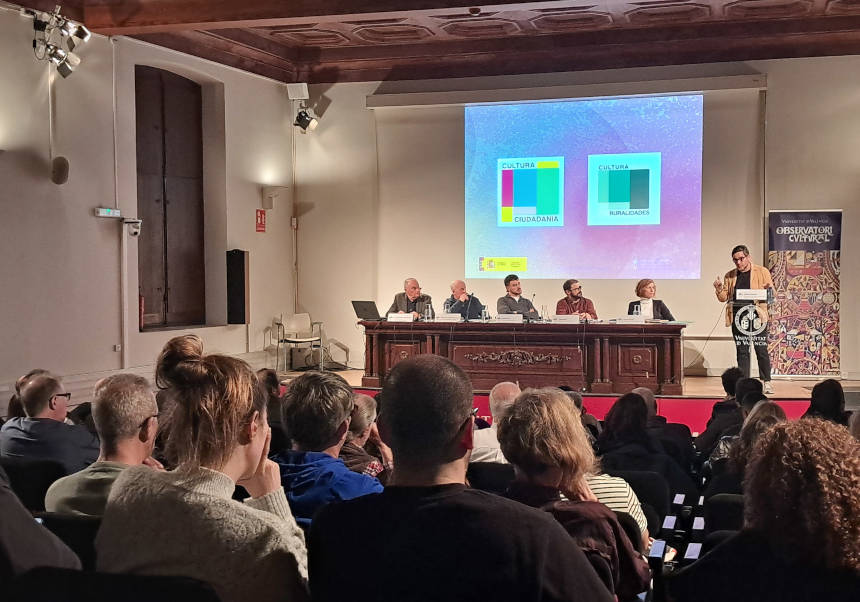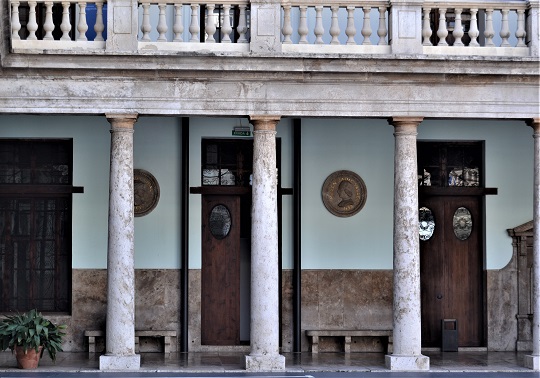Debate about climate change, sustainability and territory development in the Congress of Spanish Geographers Association
- Fundació Universitat-Empresa
- October 23rd, 2019

How affect the human decisions to natural alterations of the territory? Which is the role of the administration to stop extreme climate consequences, such as floods? Which has been the impact of the real estate bubble in the territory? Which are the new strategies for rural development that are planned for 2030? The geography, and its role in a new reform era and the re-configuration of the territory model, can answer them and other questions next to this global change that we are facing. Explains the president of the organising committee of the 26th Congress of the Spanish Geographers Association, the full university Professor of Regional Geographic Analysis of the Universitat de València, Joaquín Farinós.
This congress, which takes place from 22th to 25th October in València, has the motto: “Crisis y espacios de oportunidad. Retos para la geografía” (Crisis and opportunity spaces. Challenges for the Geography). During four days, it will meet more than 250 experts Geography, who will discuss the main challenges that are facing the society in these years of global changing.
In this edition, the congress will be about four themes: geography field next to the crisis’ challenges; global changing and sustainability; territory model and imbalances and existing territorial politics; and the territorial heritage as basis of a new productive model.
Geography, a key in territory study
Following this line, Farinós points out that the interdisciplinary nature that characterized the geographer makes possible its management in different fields, which have the aim of all that affects the territory. “It can be abstractly defined the economic processes or environmental processes, but at the end that has a territorial impact and the geographers are the more appropriated experts to understand which are the effects and how can be managed from the point of view of the cartography management; to see how it affects the model next to determined situations; and the effects and impacts that one can expect of what is happening” highlighted Farinós.
The opening conference will be given by Andrés Rodríguez-Pose, Professor of economic geography at London School of Economics, entitled “La geografía del descontento en la Unión Europea” (The Geographies of EU Discontent) on Thursday, October 24th. In addition, on Friday, October 25th, last day congress will be done two round tables: one about climate change, effects and adaptation strategies in Spain; and other about perspectives for the institutional teams of the Spanish Geography and its internationalization in 21st Century. The closing conference will be done by the expert geographer, full university Professor of Regional Geographic Analysis, Josefina Gómez Mendoza, who will give the presentation “Una agenda para la Geografía Española en el siglo XXI” (A planner for the Spanish Geography in the 21st Century).
More information at:
https://congresos.adeituv.es/XXVIAGE-Valencia2019/ficha.es.html
File in: Conferències i debats
















